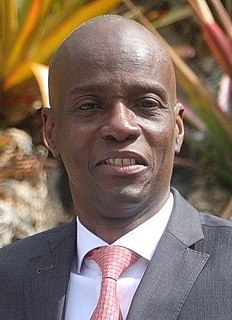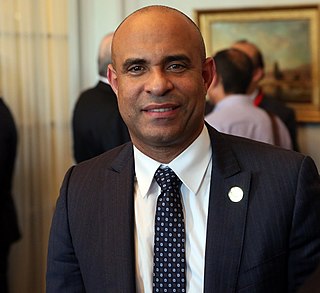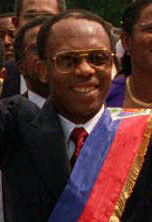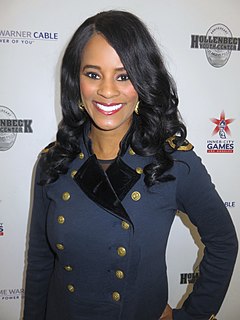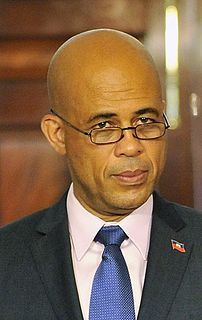A Quote by Jovenel Moise
We can change Haiti if we work together.
Quote Topics
Related Quotes
If any country was a mine-shaft canary for the reintroduction of cholera, it was Haiti - and we knew it. And in retrospect, more should have been done to prepare for cholera... which can spread like wildfire in Haiti... This was a big rebuke to all of us working in public health and health care in Haiti.
There is this split between the Haiti of before the earthquake and the Haiti of after the earthquake. So when I'm writing anything set in Haiti now, whether fiction or nonfiction, always in the back of my mind is how people, including some of my own family members, have been affected not just by history and by the present but also by the earthquake.
After the Dance was my first attempt at nonfiction. I'd never really participated in carnival, and I really wanted to go. It sounded like a wonderfully fun thing to do. And I wanted to write something happy about Haiti, something celebratory. And going to carnival gave me a chance to do that, because it is one of the instances in Haiti when people shed their class separation and come together.
Advertising agencies come to you and they are great fans, they are great creative people themselves, but they ask you to do something, and you say, "Well, we will, we'll create something together." And it is work. It's like you're doing something and they're saying, "Change this" and "Change that." It's not hard, horrible work, but creatively it's not just freedom.
